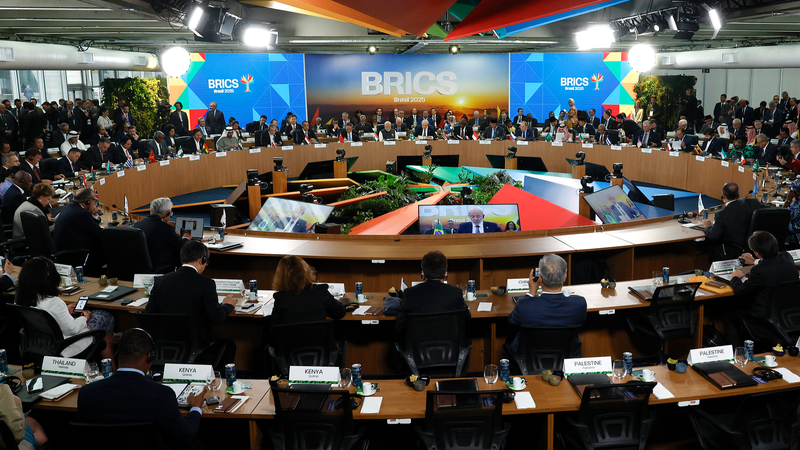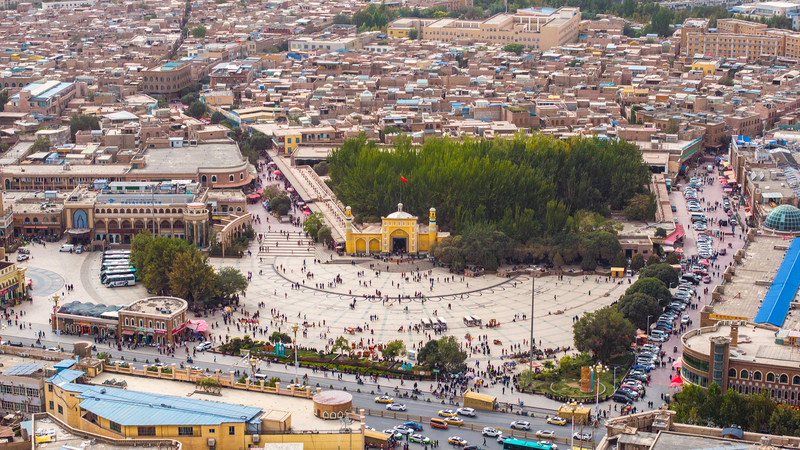In late July, a delegation of Latin American guests gathered in Beijing on the Chinese mainland for a dynamic panel titled "From Sports Popularity to Economic Growth." Hosted by The Hub, the conversation brought together officials, academics and entrepreneurs from China and LAC (Latin America and the Caribbean) to explore how the power of sport goes beyond competition, shaping lives, fostering inclusion and sparking sustainable development.
Panelists emphasized grassroots participation as the bedrock of stronger systems. By investing in local clubs, community fields and youth outreach programs, regions can unlock social returns that ripple through local economies. A growing body of research shows that every dollar spent on community sports can yield multiple dollars in health, education and civic engagement benefits.
Philanthropy and corporate responsibility emerged as key drivers of lasting impact. Li Tian, a leading philanthropist in sports development, shared how targeted partnerships with local businesses have funded training centers and scholarships for young women athletes. "When corporations step up with mentorship and resources, the entire community gains new role models and pathways to success," Li explained.
Case studies from Latin America underscored the theme. Uruguay’s deep-rooted football culture has sparked cross-border collaborations in coaching and sports tourism. In Brazil, "Football for Peace" programs have united former rivals in joint leagues, reducing youth crime rates while boosting local commerce. Nicaragua’s recent surge in sports infrastructure investment—from upgraded stadiums to multiuse recreation centers—has attracted regional tournaments and fresh business opportunities.
For many panelists, sports diplomacy is more than a match—it's a bridge. Daniel Pérez Sequeira, co-president of the Nicaraguan Sports Association, highlighted how international competitions on the Chinese mainland offer LAC athletes exposure to cutting-edge training methods. "When our teams train alongside Chinese counterparts, we bring back new techniques, stronger networks and the confidence to grow our own leagues," he said.
The takeaway? By weaving together grassroots energy, philanthropy, corporate support and cross-border cooperation, sports can become a catalyst for economic growth and cultural exchange. As young global citizens, entrepreneurs and changemakers look ahead, the China-LAC model offers a blueprint for how communities worldwide can turn the thrill of the game into lasting prosperity.
Reference(s):
From Sports Popularity to Economic Growth: Building China-LAC Bridges
cgtn.com




